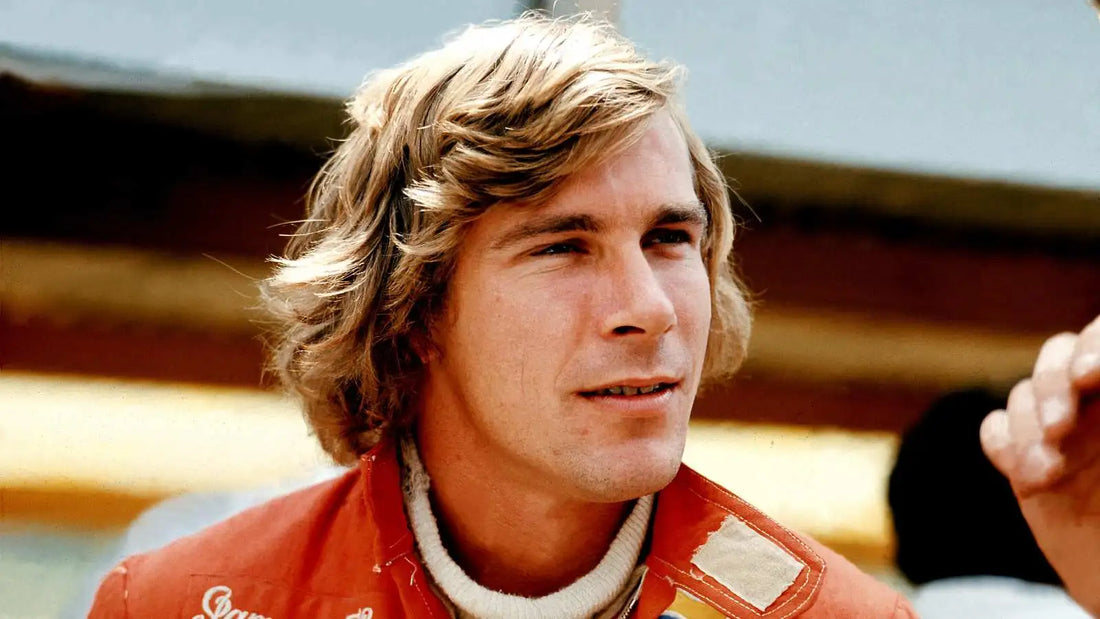James Hunt: The F1 Legend Who Raced Against Apartheid
Manish
James Hunt, often remembered for his flamboyant personality and Formula 1 success, was much more than just a racing icon. On what would have been his 77th birthday, it's essential to explore a lesser-known aspect of Hunt's life: his role as an anti-apartheid activist. This complex figure's commitment to social justice showcases a depth of character that often goes unnoticed in the glamorous world of motorsports.
The Rise of James Hunt
Born on August 29, 1947, James Simon Wallis Hunt was destined for greatness. His journey from touring cars to Formula 1 was marked by determination and a dash of good fortune. Hunt's breakthrough came when Lord Alexander Hekseth purchased a March 731 chassis, paving the way for Hunt's entry into the world of Formula 1. His talent shone through quickly, with an impressive second-place finish at the 1973 United States Grand Prix.
A Champion on and off the Track
Hunt's crowning achievement came in 1976 when he clinched the World Championship after a fierce battle with Niki Lauda. However, his racing career began to decline shortly after, leading to his retirement in 1978. Hunt then transitioned into commentary, where his wit and insight made him a beloved figure in the sport's media landscape.
The Hidden Activist
Beyond the headlines and racing glory, James Hunt harbored a strong moral compass that drove him to speak out against apartheid in South Africa. While Formula 1 continued to race in the country during the apartheid era, Hunt took a stand. He used his platform as a commentator to criticize the regime, even attempting to have his commentary blocked in South Africa.
Making a Difference
When his on-air protests were met with resistance, Hunt didn't give up. Instead, he channeled his earnings from South African broadcasts into anti-apartheid causes. This quiet philanthropy demonstrated Hunt's commitment to social justice, far removed from his public persona as a party-loving playboy.
A Legacy Beyond Racing
James Hunt's stance against apartheid was particularly significant given the complexities of international sports politics. While some drivers felt conflicted about racing in South Africa, Hunt used his position to make a clear statement. His actions serve as a reminder that athletes and public figures can use their influence to drive positive change in society.
As we remember James Hunt on his birthday, let's celebrate not just the racing legend, but also the man who stood up for his beliefs. His legacy extends far beyond the racetrack, embodying the power of using one's platform for the greater good. James Hunt: champion, commentator, and crusader for justice – a truly multifaceted icon of Formula 1.




